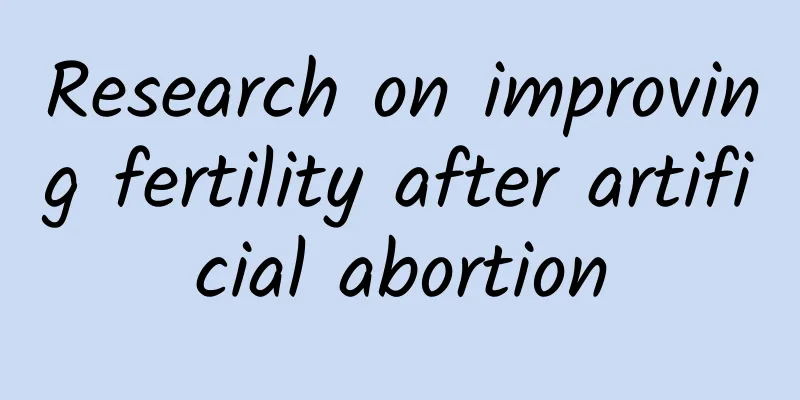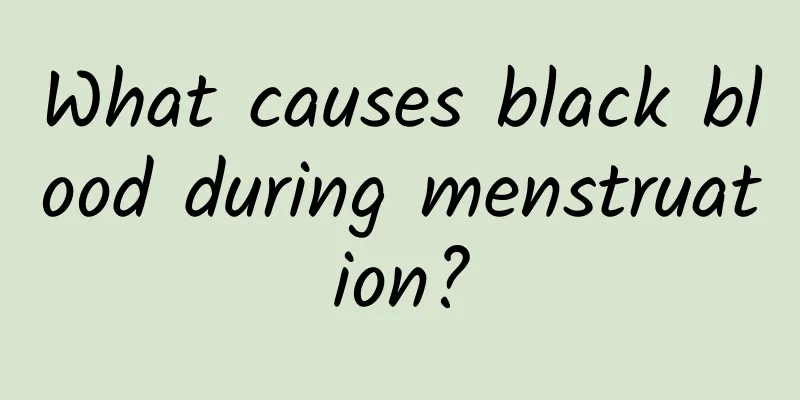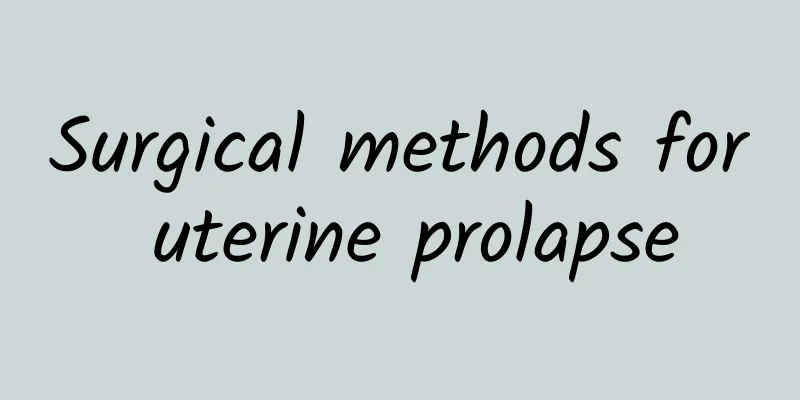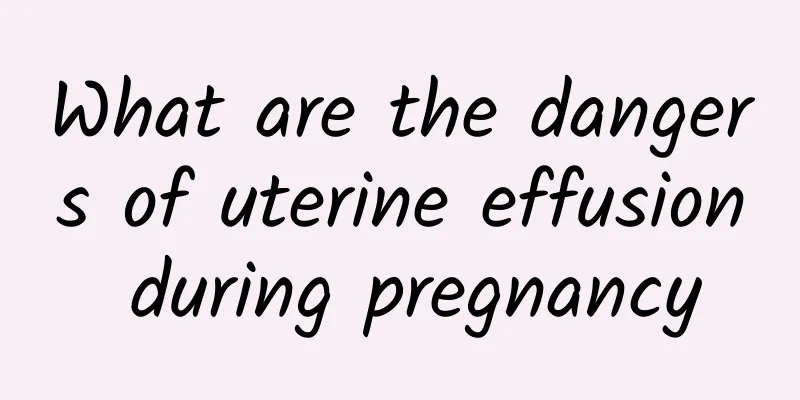What can you eat after childbirth to relieve uterine fibroids? What can't you eat if you have uterine fibroids after childbirth?
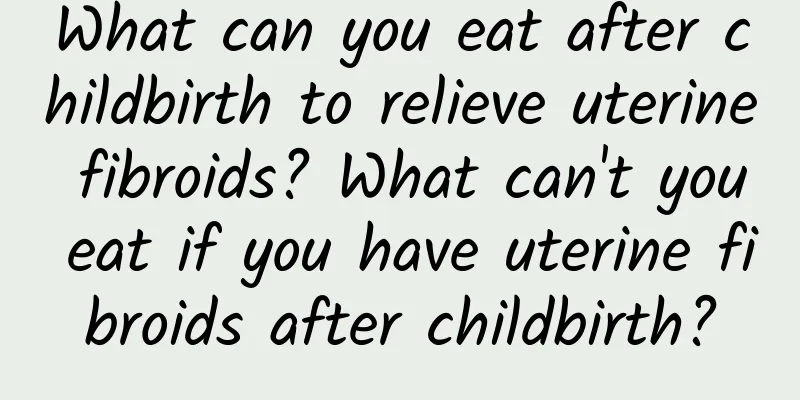
|
What can you eat after childbirth to relieve uterine fibroids? What can't you eat if you have uterine fibroids after childbirth? Uterine fibroids are a common gynecological disease, especially after childbirth, women are more likely to suffer from them. For women who have already given birth, it is very important to understand how to relieve uterine fibroids through a reasonable diet after childbirth. This article will introduce foods in the postpartum diet that can help relieve uterine fibroids, and remind women with uterine fibroids after childbirth which foods they should avoid. 1. What to eat after childbirth to relieve uterine fibroids 1. Dark vegetables: Dark vegetables such as spinach, black fungus, purple cabbage, etc. are rich in antioxidants and cellulose, which can help reduce the growth of fibroids. These vegetables are rich in vitamins and minerals, which are beneficial to the regulation of the human body's internal environment. 2. Fruits: Fruits rich in vitamin C, such as citrus, strawberries, grapefruit, etc., can help reduce the growth of uterine fibroids. In addition, the cellulose in fruits helps regulate intestinal function and helps eliminate waste and metabolites in the body. 3. High-fiber foods: Eating high-fiber foods can reduce the level of estrogen in the body, thereby slowing down the growth of fibroids. For example, whole wheat products, brown rice, beans, etc. are all excellent high-fiber food choices. 4. High-protein food: A moderate intake of high-quality protein helps regulate the endocrine system and improve immunity. For example, chicken, fish and dairy products are all good sources of protein. 5. Seaweed foods: Seaweed foods are rich in colloid, which can help clean up waste and metabolites in the body. The iodine in seaweed also helps balance women's hormone levels. 2. What should not be eaten after childbirth with uterine fibroids 1. Irritating food: Women with uterine fibroids after childbirth should avoid eating spicy foods, such as peppers, ginger, garlic, etc. These foods may irritate the muscles of the uterus, thereby aggravating pain and discomfort. 2. High-fat foods: Excessive fat intake may lead to weight gain and abnormal hormone levels. Therefore, women with uterine fibroids after childbirth should try to avoid eating high-fat foods such as fried foods, fatty meats and high-sugar foods. 3. Coffee and carbonated drinks: Coffee and carbonated drinks contain caffeine and a lot of sugar. Excessive intake of these substances may interfere with hormone balance and have an adverse effect on the growth of uterine fibroids. in conclusion: Postpartum women with uterine fibroids should alleviate the disease through a reasonable diet. The intake of dark vegetables, fruits, high-fiber foods, high-protein foods and seaweed foods should be increased. At the same time, excessive intake of irritating foods, high-fat foods, coffee and carbonated drinks should be avoided. Regulating the endocrine system and improving immunity through a reasonable diet can effectively slow down the growth rate of uterine fibroids, thereby improving symptoms and improving the quality of life. Postpartum women should develop a personalized diet plan based on their own situation and consult a doctor regularly for more professional advice. |
Recommend
Unhealthy sexual habits may lead to pelvic inflammatory disease
As a common gynecological inflammation, the cause...
What causes right adnexitis in women?
Right-sided adnexitis is usually caused by bacter...
How to relieve abdominal pain during menstruation? This can achieve good relief
Many women will experience abdominal pain after m...
Just 5 steps to get rid of inner thigh fat! Follow the fairy supermodel to train your legs at home for 10 minutes every day
Is it really difficult to lose the loose fat on t...
Experts briefly analyze the causes of recurrence of cervical erosion
Cervical erosion is a gynecological disease that ...
Will cervical erosion recur after minimally invasive surgery?
Will minimally invasive cervical erosion recur? E...
What should you pay attention to when you have bacterial vaginosis?
Bacterial vaginitis is a syndrome of increased se...
What are the main methods for detecting ectopic pregnancy?
What are the main examination methods for ectopic...
Why does my right leg hurt more and more due to adenomyosis?
The increasing pain in the right leg caused by ad...
Why are women more susceptible to vaginitis after menopause?
Vaginitis is a common disease among women, and po...
Detailed understanding of the causes of vulvar leukoplakia
With the rapid development of science, everyone h...
What to do if your uterus prolapses
What should I do if my uterus prolapses? Uterine ...
Nourish your muscles without gaining fat after exercise! In addition to protein, this is also a tough guy
After exercise, you only build muscle, not fat! P...
Omicron is a mild disease, just like a cold, so why should we be afraid of it? Supplement vitamin C, probiotics, 4 key nutrients, improve immunity
The Omicron variant has defeated Delta to become ...
Is it necessary to have a hysterectomy for uterine fibroids? Is this true?
Many women suffer from uterine fibroids in their ...

